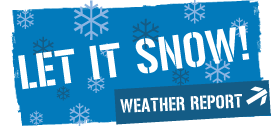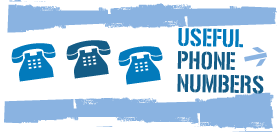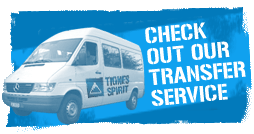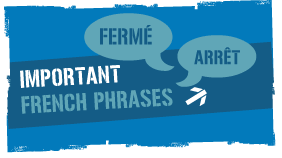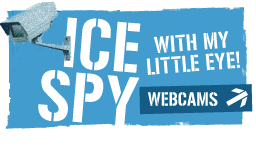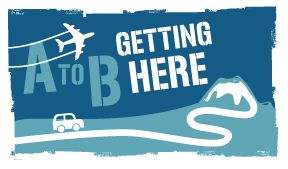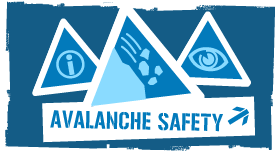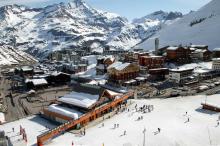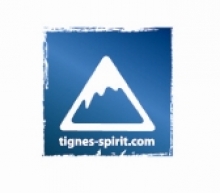Health & Saftey on the Mountain
Are there any English speaking doctors in Tignes?
Yes. In all the surgeries they have at least one English speaking Doctor. And it's possible to be understood in all the chemists.
Can I drink the tap water in Tignes?
Yes. Tignes has a perfect water treatment system so the water is absolutely fine to drink.
Is it common to get sunburnt, even in the winter?
It's surprising the amount of people that don't know how very easy it is to get sunburnt in Tignes all year round. Trying at all costs to get a winter tan can be very dangerous. It's advisable that everyone should take precautions against the sun when on a skiing holiday, even in the winter.
At altitude, and with the reflection off the snow, the sun’s rays can cause damage very quickly. Apply sunscreen, apply it thickly and keep applying it throughout the day. Be aware that even if the sun isn't visible you can still burn through cloud cover. Putting on factor 40 once in the morning will not protect you from burning later on, so reapply. Always, always wear sunglasses, even when the sun isn't shining. This will prevent snow blindness but will also stop any long term damage to your eyes.
How can I reduce the risks of injury?
Although injuries are well documented, injury rates for skiing are much lower than most people think, it is calculated that the percentage is less than 0.5%. Even so, it is essential you are aware of the risks involved, plan and take actions accordingly.
The French Society of Orthopaedic Surgeons highlight eight steps to reduce individuals risk: improve your physical fitness before your holiday; ensure bindings are correctly set for your ability, weight and height; chose the correct equipment for your level; wear a helmet (especially in a snowpark); warm up before setting out; make sure you take enough food and liquids; and take a rest or cut short your day when you start to feel tired.
It is often better to get your equipment from a specialist than just to borrow. Stay within your own limits, don’t feel under pressure to keep up with friends that are maybe more advanced. One common hazard in Tignes are the slippery roads and pavements, take care! It is amazing the amount of injuries that occur by people falling over. A high percentage of injuries happen off the mountain and a great deal of these are alcohol related. Obviously it's great to have a few drinks while on holiday but take care and know your limits. It is strongly advised not to drink whilst skiing and take extra care the morning after a big night out!
What are the commonest injuries?
Skiers: knee ligaments (anterior cruciate ligament in particular) Make sure your ski-bindings are adjusted correctly for your weight and level of skiing. Over 80 % of accidents to skiers which result in sprained knee ligaments resulted from skis not coming off during a fall. Snowboarders: injuries to wrists and head (wear a helmet and wrist protectors) and broken collarbones. If you want more information there are a number of websites that are dedicated to skiing and snowboarding injuries, and how to avoid them.
What exercises should I do before my holiday?
Any exercise you can do before your holiday which increases your level of fitness, develops the muscles in the leg, and improves your balance, will be beneficial. Not only will you tire less easily, but you will also be helping to protect your body from injury. The ligaments in the knee are particularly vulnerable to injury from skiing - make sure you build up the leg muscles to help protect your knees.
What is an E111 form and do I need one?
Do not forget your E111 form when travelling to the Alps as this covers any treatment needed during the course of your visit including any maternity care, renal dialysis and oxygen therapy. Treatment of chronic diseases and pre-existing illnesses that require ongoing medical care are also included, but not if the purpose of the visit to France is to obtain medical care.
From 01 January 2006, anybody heading overseas should be aware that you will be required to carry a European health insurance card (EHIC). This replaces the old paper based E111 which will cease to be valid after the 31 December 2005. There are arrangements throughout the European economic area for coordinating the health care systems of the member states. (This applies for countries like Switzerland) The EHIC gives rights to treatment during a temporary visit.
However, in France you have to pay for treatment up front and have it refunded at a later date. Around 70% of standard doctors' fees and dentists' fees are refunded and between 35% and 65% of the cost of most prescribed medicines.
For an emergency stay in the hospital you have to pay for roughly 25% of your treatment as well as a daily charge on discharge from hospital. For English visitors, consult the department of health's website for full details about the health care facilities in France.
Additionally, in France you are required to pay for out patient treatment, then claiming for a refund from the local sickness insurance office before you go home. For in-patient treatment, the doctor you have consulted or the hospital doctor will issue you with a certificate (attestation). The hospital should then send a notice of admission-acceptance of responsibility (Avis d'admission-prise en charge) form to the local sickness insurance office along with your E111. If they do not, you should send it yourself. If you are treated in an approved hospital, the local sickness office will pay 75% or more of the cost direct to the hospital and you must pay the balance. You must also pay a fixed daily hospital charge (forfait journalier). The 25% balance and the forfait journalier are non-refundable.
IMPORTANT PLEASE NOTE: • The EHIC is NOT a suitable replacement for travel insurance. It does not cover cancellation insurance or repatriation. We suggest that you have both, particularly if spending significant amount of time in the Alps. • Old E111 forms issued before the 19 August are now invalid • E111/EHIC are free to all UK residents
For further information on ski insurance, see our new features section.
Will I suffer from altitude sickness?
As we've stated Tignes is one of the highest ski resorts in Europe at 2100m, with the Grande Motte reaching 3656 metres. Holiday makers have often found themselves breathless, tired and experiencing headaches. Have a read of our altitude sickness article for further details. Ensure you drink plenty of water to prevent dehydration and be careful of the strength of the sun - these are far more likely to make you unwell than the altitude.
If you need any medical help or require certain numbers feel free to contact us or take a look at our Directory.



